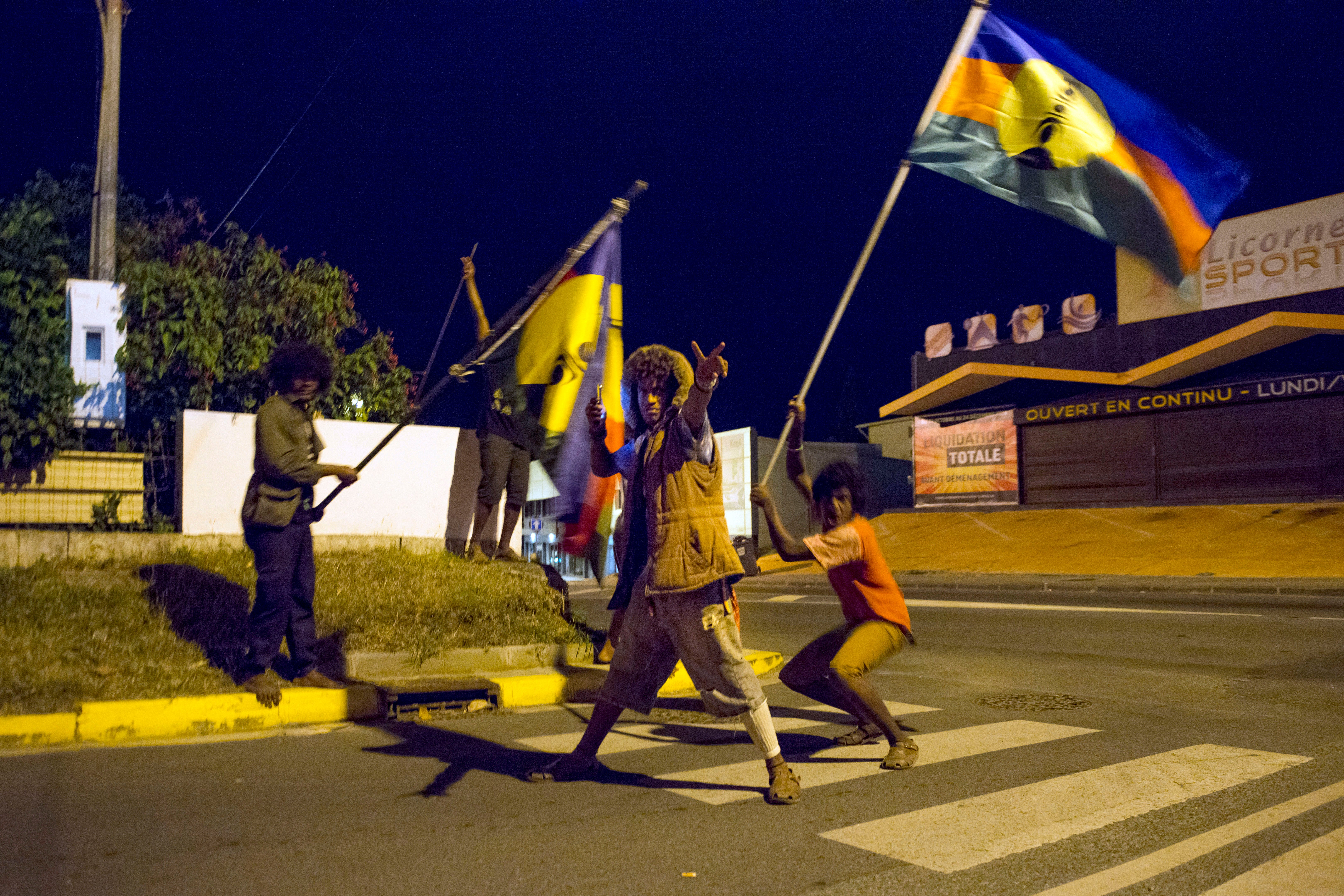New Caledonia archipelago votes on independence from France
Voters in the French archipelago of New Caledonia in the South Pacific are deciding whether they want independence from France

Voters in New Caledonia, a French archipelago in the South Pacific were deciding Sunday whether they want independence from France in a referendum that marks a milestone in a three-decade decolonization effort.
More than 180,000 voters were invited to answer the question: “Do you want New Caledonia to gain full sovereignty and become independent?”
Polling stations opened at 8 a.m. (11 p.m. Saturday in mainland France; 2100 GMT) and will close 10 hours later. Results were expected later Sunday.
If voters choose independence, a transition period will immediately open so that the archipelago can get ready for its future status. Otherwise, New Caledonia will remain a French territory.
Two years ago, 56.4% of voters who participated in a similar referendum chose to keep ties with Paris instead of backing independence.
Both referendums are the final steps of a process that started 30 years ago after years of violence that pitched pro-independence Kanak activists against those willing to remain in France.
The archipelago now counts 270,000 inhabitants, including both native Kanaks, who once suffered from strict segregation policies, and descendants of European colonizers.
New Caledonia became French in 1853 under Emperor Napoleon III — Napoleon’s nephew and heir — and was used for decades as a prison colony. It became an overseas territory after World War II, with French citizenship granted to all Kanaks in 1957. Under French colonial rule, the Kanaks faced strict segregation policies and widespread discrimination.
Bookmark popover
Removed from bookmarks